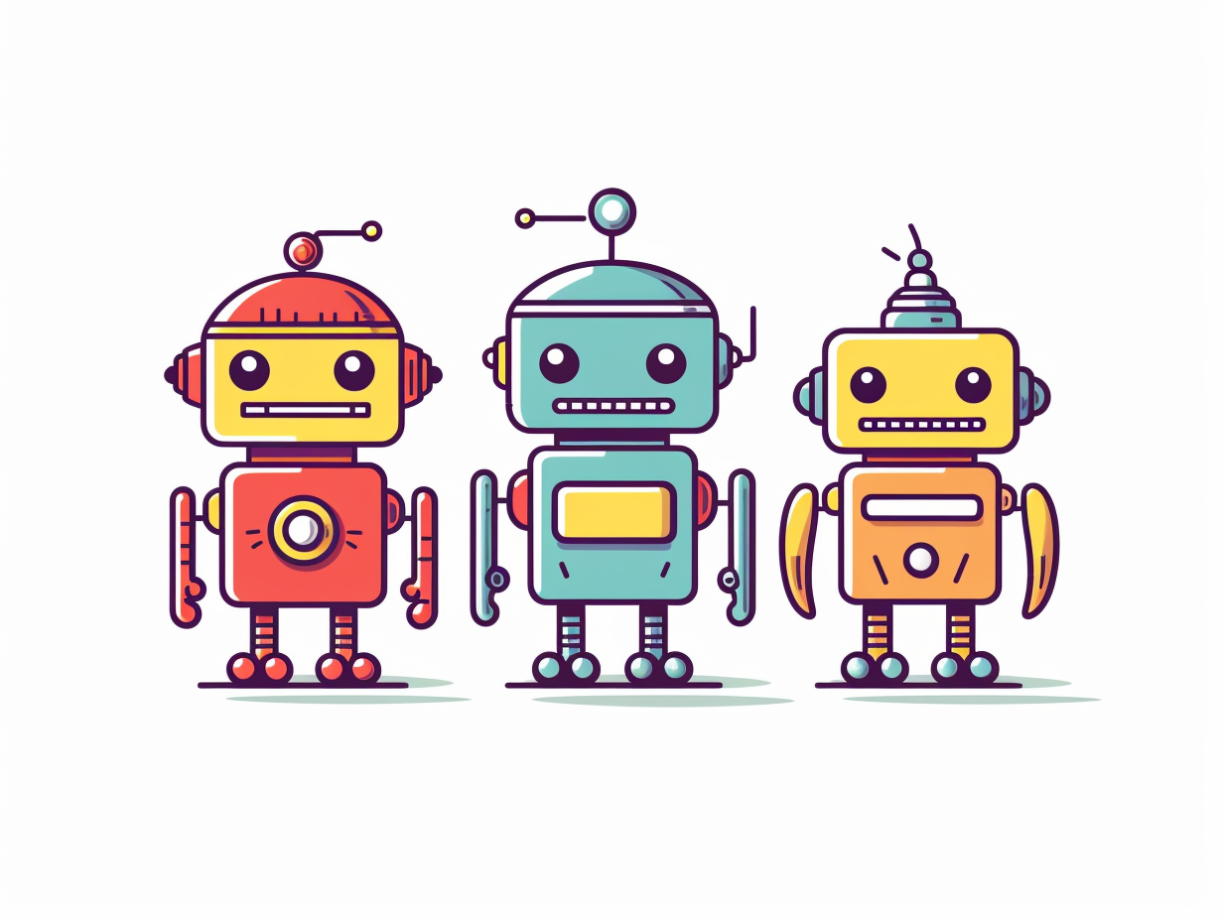Synopsis
In a world where technology is advancing at breakneck speed, “The Rise of the Robots” by Martin Ford serves as a wake-up call. Forget the rosy picture of new jobs replacing the old ones as technology evolves. Ford argues that this time, it’s different. Automation and artificial intelligence (AI) are not just changing the job landscape; they’re obliterating it.
The Core Argument
Martin Ford, a Silicon Valley entrepreneur, smashes the optimistic belief that technological advancements will create new jobs to replace the ones they eliminate. He argues that AI and automation are on a path to make a wide range of jobs obsolete, from paralegals and journalists to even computer programmers.
Key Points:
- AI and Automation: These are not just tools but are poised to become the workforce.
- Job Loss: Both blue and white-collar jobs are at risk.
- Economic Inequality: As jobs disappear, the gap between the rich and the poor widens.
The Industries Under Siege
Ford points out that two major sectors—education and healthcare—are still largely untouched by technology. However, they are plagued by skyrocketing costs, putting additional financial strain on households.
| Industry | Current State | Future Risk |
|---|---|---|
| Education | High Costs | Automation |
| Healthcare | High Costs | Automation |
The Impending Doom
The book doesn’t just stop at painting a grim picture. It goes on to discuss the potential catastrophic levels of inequality and economic insecurity that could result. Imagine a future where consumer economies implode because people don’t have jobs to earn and spend money. Scary, right?
What Can Be Done?
Ford doesn’t leave us hanging. He calls upon employers, scholars, and policymakers to face the music. Traditional solutions like more training and education won’t cut it this time. We need to think bigger and act faster.
Possible Solutions:
- Universal Basic Income (UBI)
- Skill diversification
- Policy changes at a global level
Opinion and Final Thoughts
While Ford’s arguments are compelling, it’s crucial to remember that technology is a tool, and how we use it defines its impact. The book serves as a timely reminder that we can’t be passive observers. We have to actively shape our future, and that starts with acknowledging the challenges ahead.
“The Rise of the Robots” is a must-read for anyone concerned about the future—not just their own but also that of the next generation. It’s a deep dive into the complexities of an automated world and offers a sobering look at what could be a not-so-distant future.
So, are you ready to face the rise of the robots?

